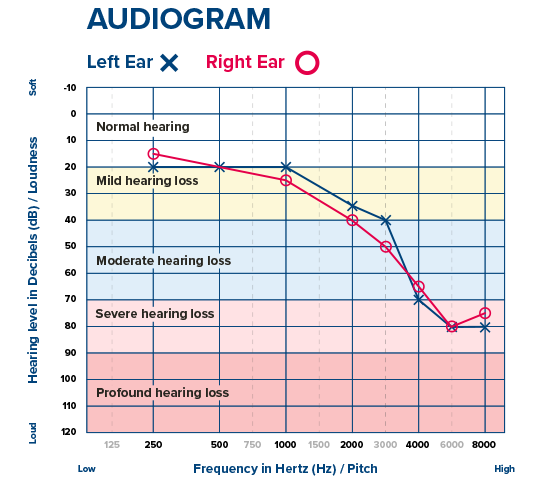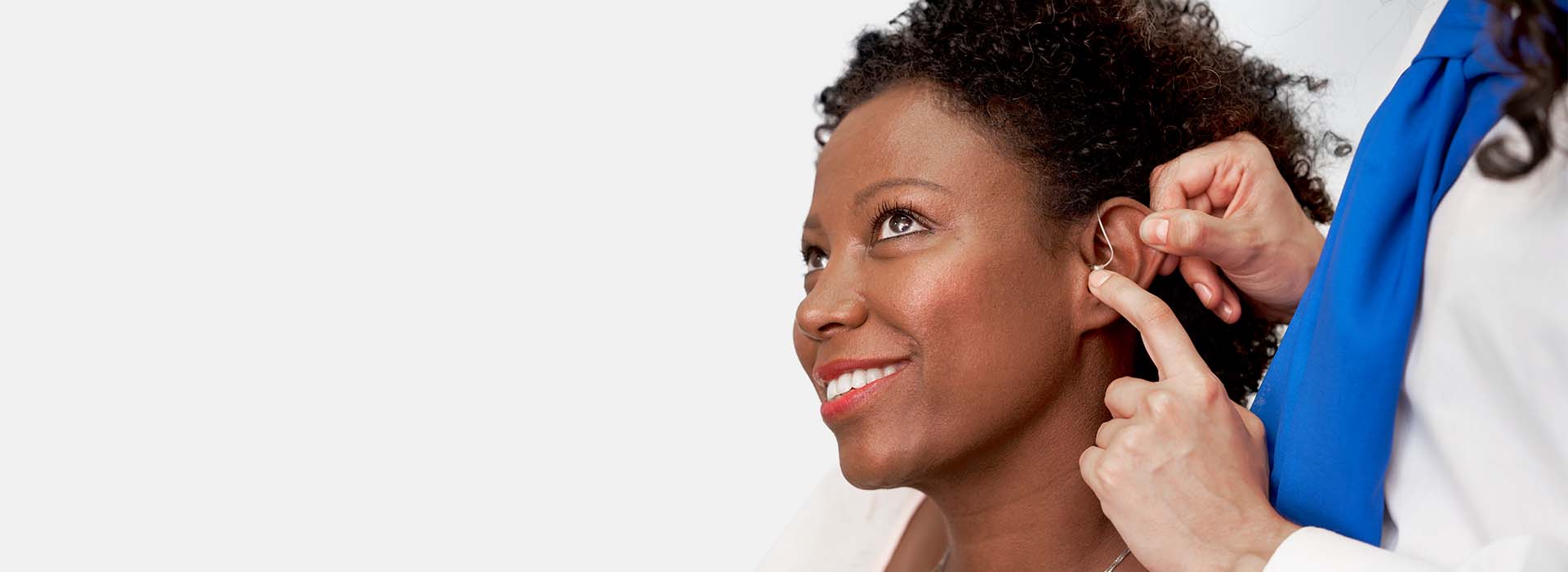Audiologist MNZAS CCC, MAud(Hons) BSc
Katherine has worked in the audiology sector for over 20 years. She began her audiology career in the public health system here in New Zealand, and has since gained a wide range of audiological skills, having worked in paediatrics, diagnostics, cochlear implants, tinnitus counselling and within the hearing device industry.
With her broad experience Katherine has now taken on the role of Head of Audiology for Audika New Zealand. Katherine’s focus is on ensuring every client that Audika interacts with feels they have been provided with the best possible care; that they have been listened to and been treated with the highest level of care by all clinical team members. “At Audika we specialise in hearing care, so our aim is to ensure we provide truly personalised, comprehensive care from the moment our clients first walk in the door, right through to the regular check ups and reviews we continue to provide throughout their hearing journey”.







